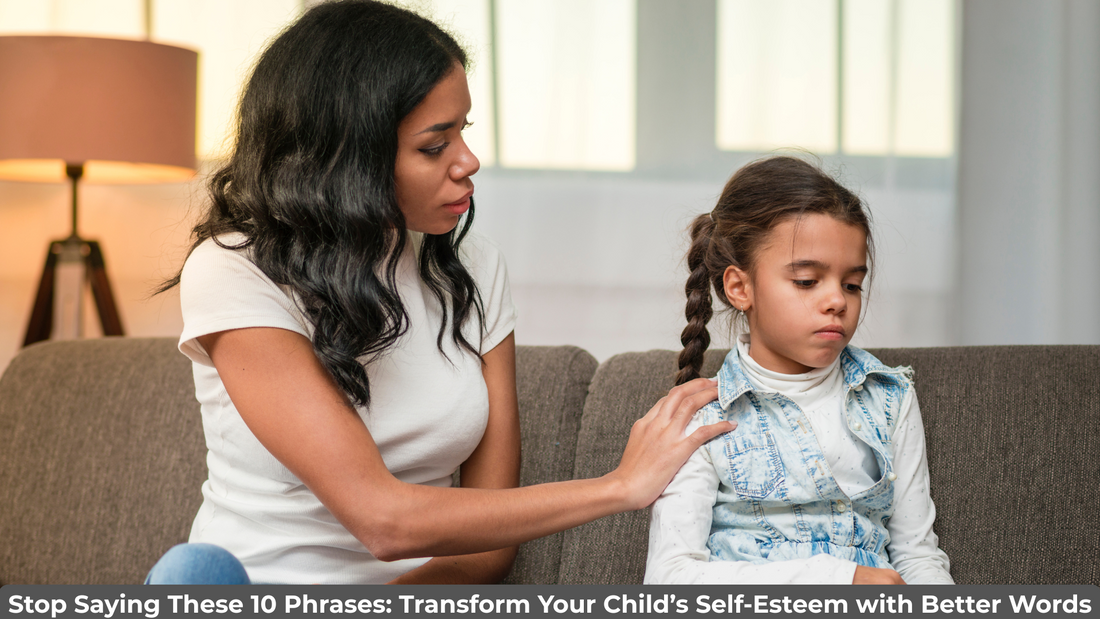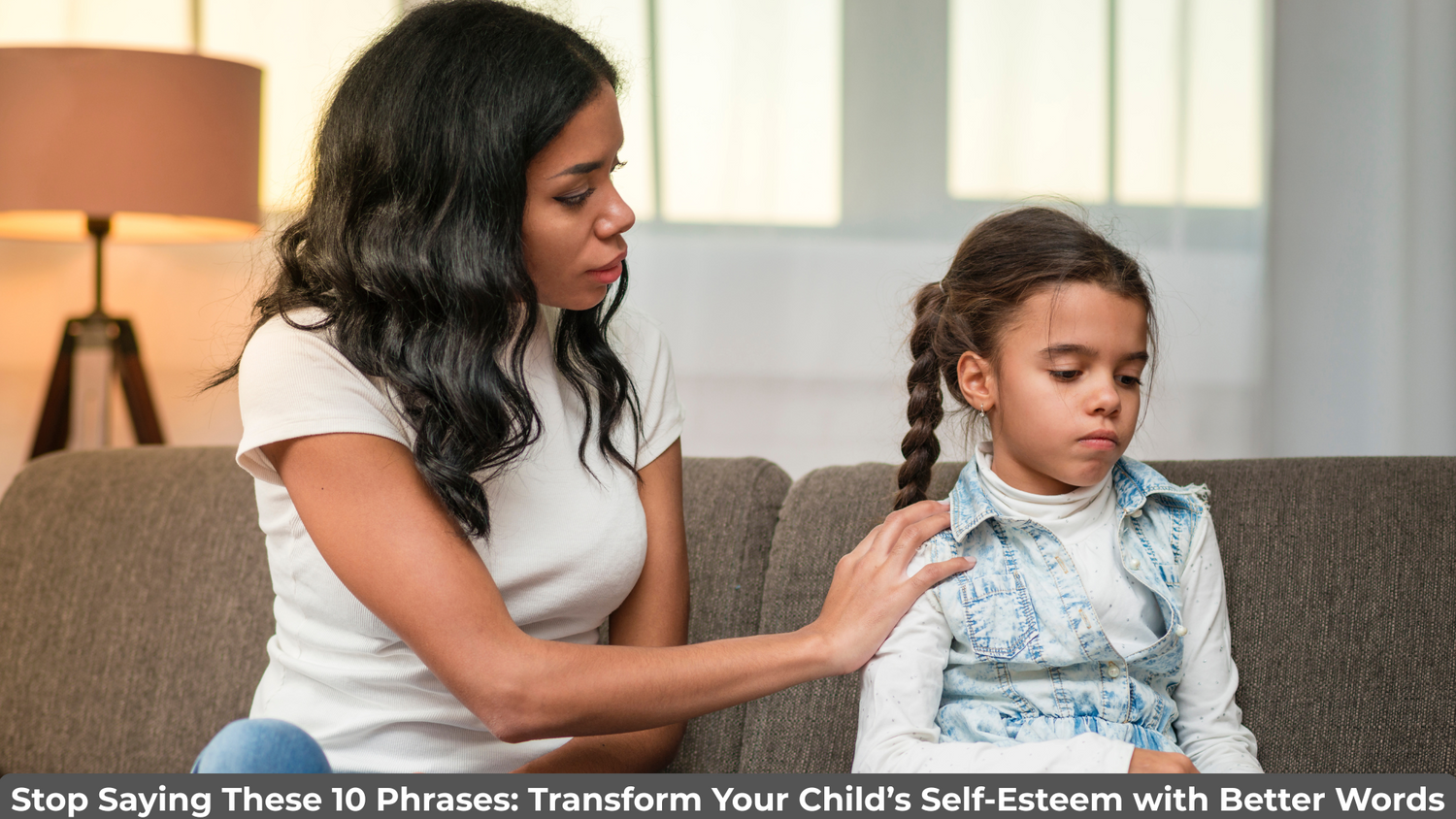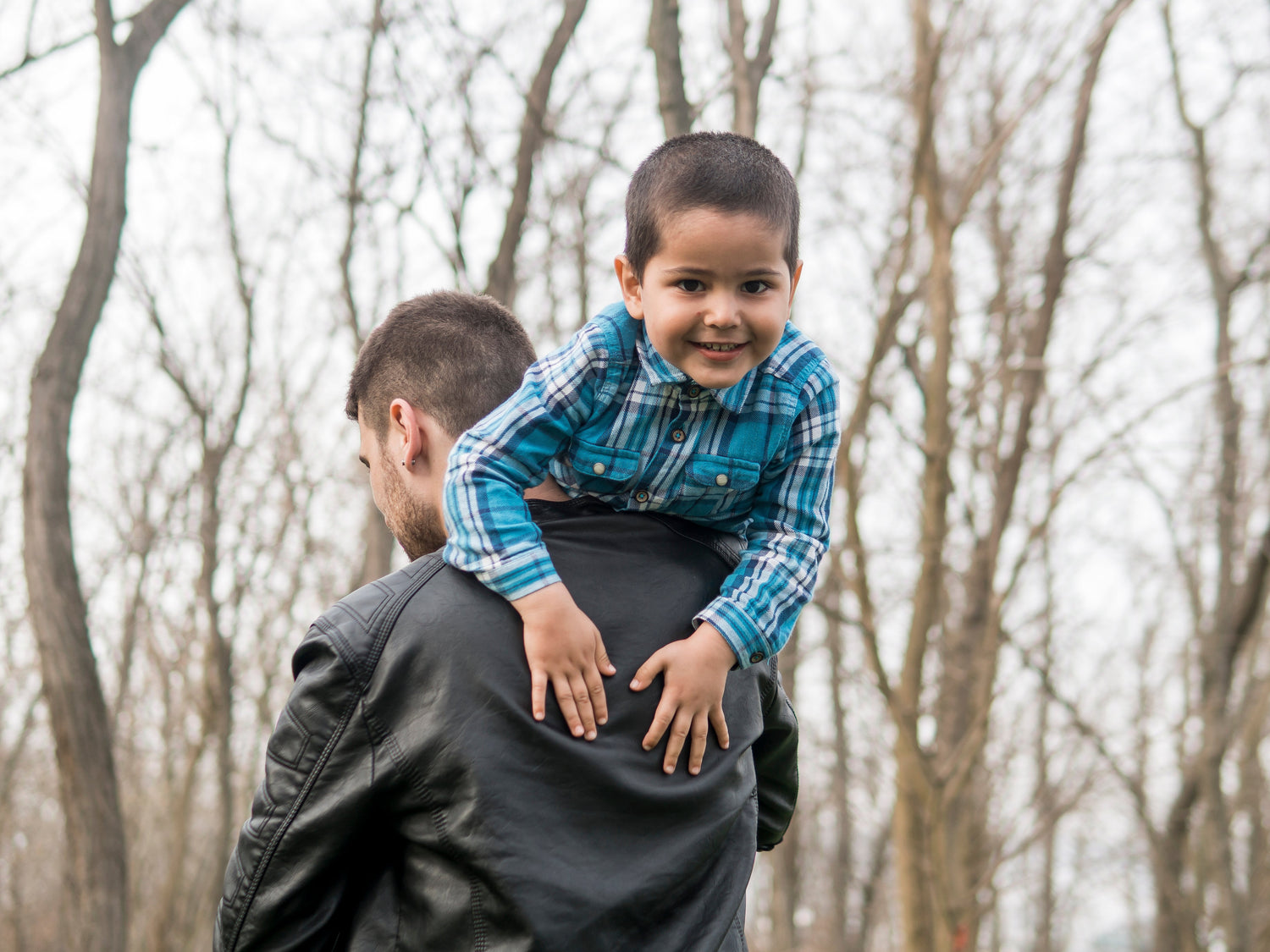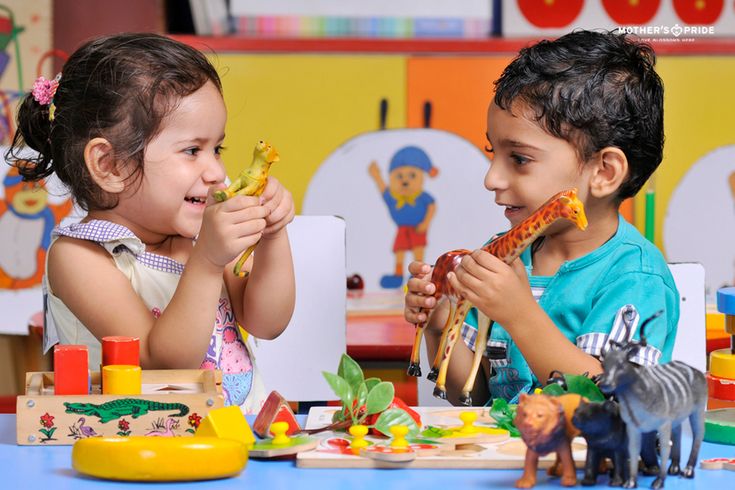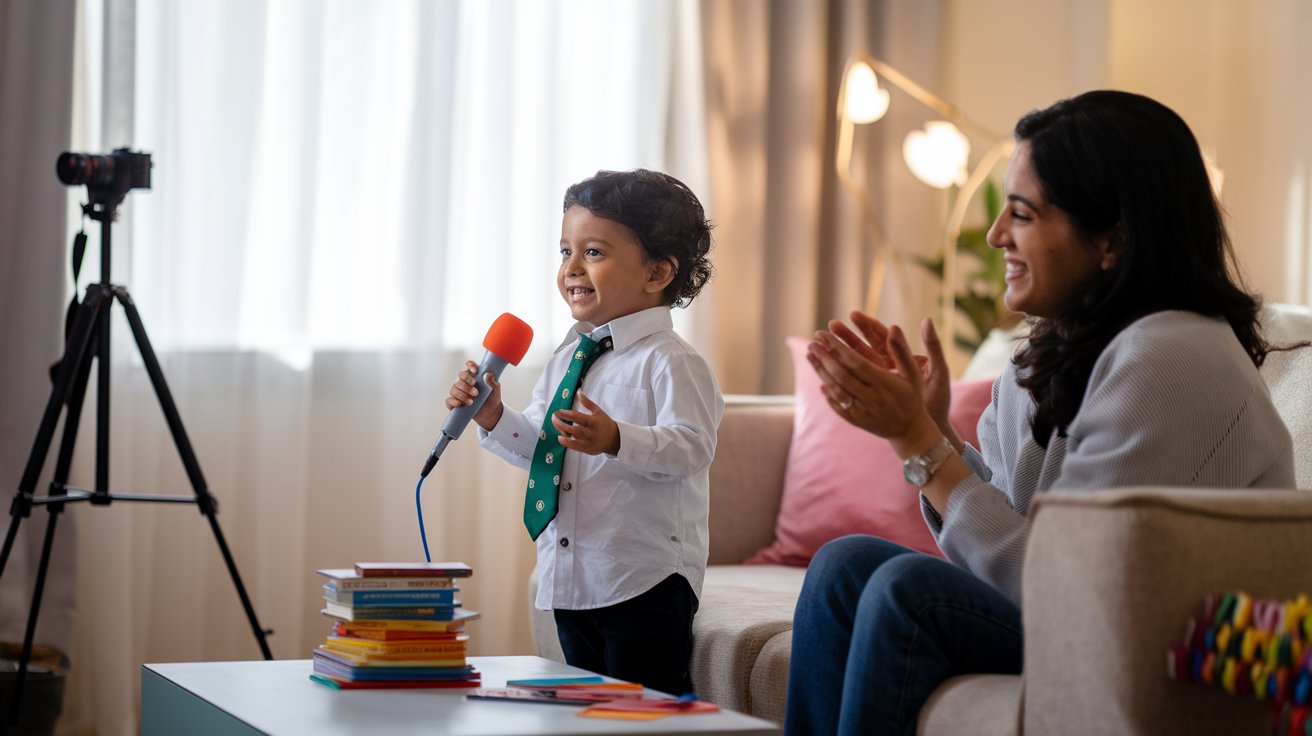Every parent wants to raise happy, confident children. But sometimes, the things we say with the best intentions can have unintended effects on our child’s self-esteem. After all, words stick! So, let’s dig into some phrases we might use without thinking twice – and explore better ways to say them. These alternatives aren’t about being “perfect” parents, but about making small changes to help our kids feel secure, loved, and confident.
1. “Why Can’t You Be More Like Your Brother/Sister?”
We get it—sometimes comparisons slip out, especially if a sibling has strengths that stand out. But comparing your child to others can make them feel “less than” and not good enough as they are.
Try This Instead:
“Each of you has your own amazing qualities. Let’s focus on what you enjoy and do well.”
Imagine being appreciated for just being you. By focusing on their unique strengths, you’re showing that they are valued just as they are. When they see that you notice what they do well, they’ll feel encouraged to keep growing.
2. “You Always Mess Things Up!”
How often have we said this in frustration after a spilt drink or a messy room? But to a child, hearing “you always mess things up” can make them feel like they’re incapable or clumsy by nature.
Try This Instead:
“Mistakes happen to everyone! Let’s clean this up together and see how we can do it differently next time.”
Instead of seeing the mishap as a failure, they’ll see it as a learning moment. This teaches them that a mistake doesn’t define them—it’s just part of learning and growing.
3. “Big Boys/Girls Don’t Cry.”
Oh, the classic! When kids cry, it can be tempting to tell them to toughen up. But when we tell them not to cry, they might start thinking their feelings are “wrong” or embarrassing.
Try This Instead:
“It’s okay to feel upset. Let’s take a minute, and if you want, I’m here to talk about it.”
This says, “Your feelings matter.” Letting kids know it’s okay to cry gives them the space to express emotions safely. They’ll learn that emotions are normal—not something to bottle up or feel ashamed about.
4. “Hurry Up! Why Are You So Slow?”
When you’re running late and your child is moving at a turtle’s pace, frustration builds fast. But “why are you so slow?” might make them feel like they’re failing just by being themselves.
Try This Instead:
“Let’s turn this into a game—can we beat the clock together?”
Kids love games, and this approach gives them motivation without making them feel inadequate. If time truly is tight, calmly explain why: “Today’s a bit busy, so let’s work together to be quick!”
5. “You’re so naughty!”
Labeling a child as “naughty” can make them feel like that’s who they are, instead of just something they did. Over time, they might start believing that they’re inherently “bad.”
Try This Instead:
“Let’s talk about what happened and how we can make a better choice next time.”
Address the behavior, not their character. It teaches them that actions have consequences without making them feel like they’re a “bad kid.”
6. “You Should Be Ashamed of Yourself.”
We often say this when we’re upset, but shame-based phrases can have a lasting impact. They can make a child feel deeply flawed or unworthy.
Try This Instead:
“I know you’re capable of making better choices. What can we do differently next time?”
By saying this, you’re communicating belief in their potential. You’re guiding them to think about how to do better without making them feel small or guilty.
7. “I’m Disappointed in You.”
This phrase hits hard. For a child, knowing they’ve disappointed a parent can create a lot of anxiety and self-doubt.
Try This Instead:
“This didn’t go as planned, but we can find a way to improve. Let’s figure it out together.”
This message says, “Mistakes happen, and we can learn from them.” Your child will feel encouraged to grow without fearing they’re letting you down.
8. “If You Don’t Behave, I’m Leaving!”
Sometimes, we say this in a heated moment when kids are testing every boundary. But for a child, hearing this can lead to a fear of abandonment.
Try This Instead:
“I’m here, and we’ll figure this out together when you’re ready to calm down.”
This approach creates a safe space for your child to reset. They feel secure in your presence while also knowing they need to respect boundaries.
9. “Good Job, But You Could Have Done Better.”
This kind of “compliment” can be confusing and discouraging. If kids feel that nothing they do is ever enough, it might lead to perfectionism or low self-esteem.
Try This Instead:
“I’m so proud of the effort you put in! What do you feel went well, and what might you want to improve on next time?”
By starting with praise, you help them feel seen and appreciated. Then, encouraging them to self-reflect opens the door to improvement without making them feel they didn’t measure up.
10. “Don’t Be Scared. There’s Nothing to Worry About.”
When kids are afraid, saying there’s “nothing to worry about” might make them feel silly or dismissed. But fear is a real emotion, even if the cause seems small to us.
Try This Instead:
“It’s okay to feel a little scared. Do you want to try it together?”
This acknowledges their feelings and lets them know they’re not alone. You’re teaching them it’s okay to feel afraid—but that you’re there to support them through it.
Wrapping Up: Small Changes, Big Impact
Every parent says things they don’t mean at times—we’re only human! But a few simple tweaks to our language can make a world of difference in a child’s confidence and sense of self-worth. So, next time words slip out, remember: the goal is progress, not perfection.
By choosing positive, encouraging language, we’re helping our kids grow into secure, resilient, and self-assured individuals who feel valued and loved. It’s all about creating a safe space where they can learn, stumble, and try again – knowing we’re here, cheering them on every step of the way.


